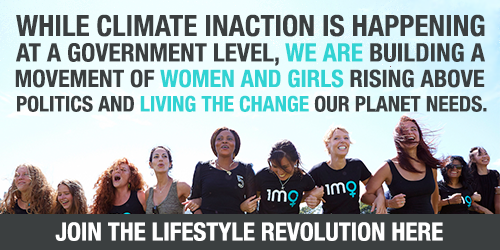Can you cut 1 Tonne of carbon pollution out of your life?
Take the challengeIt is important to introduce recycling to our children at an early age. Not only will it have a positive impact on reducing household waste and landfill but it will create a positive environmental habit that will last a lifetime. Discover 10 ways to make recycling fun for the entire family
1. Conduct an audit. Organising a waste audit is a great get a close look at the type and amount of waste created by your household. To conduct your waste audit collect all your waste for an entire week. At the end of the week lay out the waste on a ground sheet or newspaper. It might be best to collect any food waste in a bucket with a lid as it will start to decompose. As a family examine just how much waste you have created, see who created the most waste and take a photo.
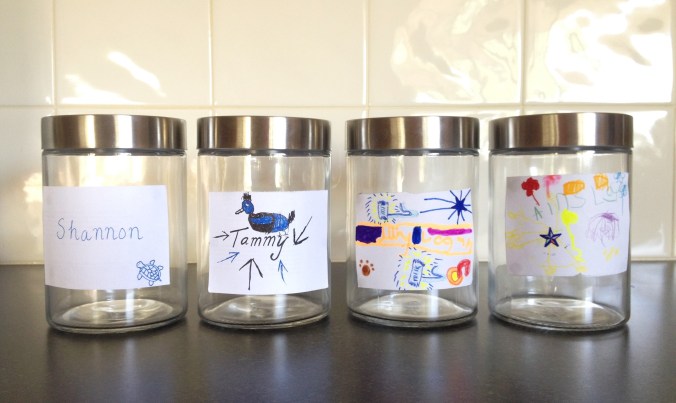
2. Make it into a game. Once you have collected all your waste play a sorting game. Get the kids to put on some gloves and separate the waste into recyclables and non-recyclables. It may be worth weighing how much rubbish you have produced to use as a base-line. Older children could also multiply the weekly weight by 52 to work out how much waste their family produces each year and what can be reused, recycled and ends up in landfill. Sort the waste into recycling categories that correspond with your household recycling bins or take-back programs.
3. Create a plan. Once you have completed the audit discuss what alternatives there are to creating so much waste in the first place. What waste could have been prevented, such as plastic bags and food packaging? What things can be reused within the home or community like clothing and glass jars? What can be recycled through your household rubbish bins or through take back programs? Could you set up a worm farm or compost to reduce your food waste?
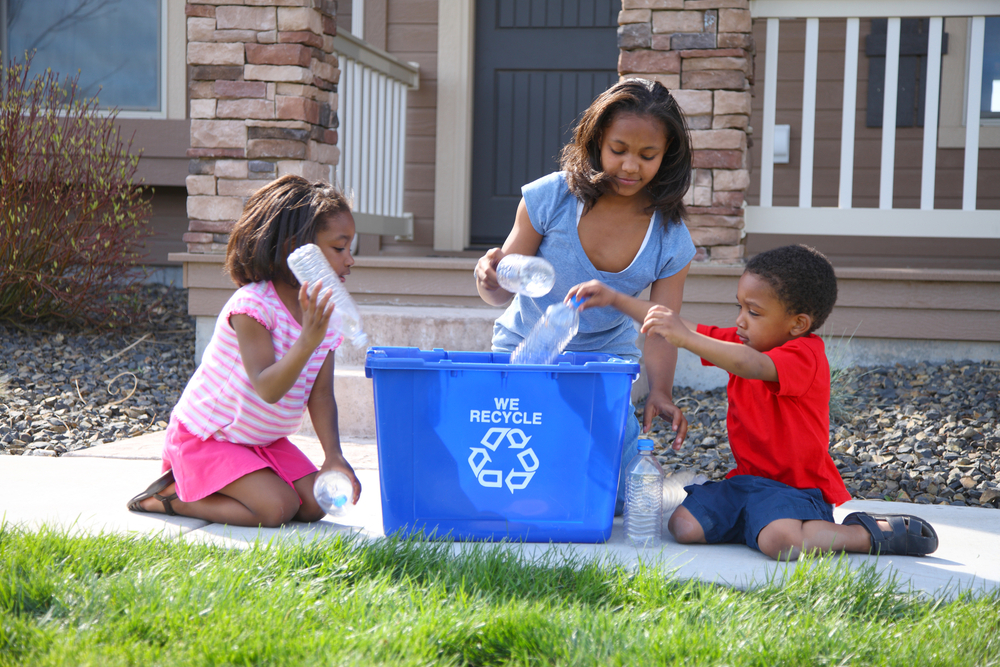
4. Make it visible. It is important to find an area in the home where you can set up a number of reuse and recycling bins. When my kids were younger we set up boxes the same colour as our bins outside. There was a red box for general rubbish, blue box for cardboard, yellow box for cans and glass, a bucket for compost, and a box for other items like batteries which we wanted to keep out of the general waste stream. We also have a box for reusable items that could be used for art and craft.
Decorating the bins or boxes with images or words is a fun option depending on the age of your children. Your 2-year-old might not be able to distinguish between paper and plastic by herself, but with a little instruction, your 5-year-old will be able to learn the difference between paper, plastic and cans.
5. Be a role model. As with most good habits, the best way to get your kids to embrace recycling is to be a good role model yourself. By showing that you think it is important to recycle and are always looking for ways to reduce, reuse and recycle, your kids will do the same. When doing the grocery shopping with the kids get them to take the reusable shopping bags, look out for recyclable packaging and search for recycling symbols. Involve your kids in baking their own school snacks so that they can prepare their own waste-free lunch and reduce the need for purchasing individual packaged snack food.
6. Creative reuse. There are endless art and craft projects on how you can repurpose and reuse your waste. Your family might be able to create some fun and useful items that could be given away as gifts. The lead up to Christmas or birthdays is a great time for kids to see what they can create for their friends and family. This will save you money and keep them creatively engaged for hours. Using everything from newspaper, books, milk cartons, old t-shirts and stuffed animals you will be able to find a project that will suit any age from your toddler to your teenager.
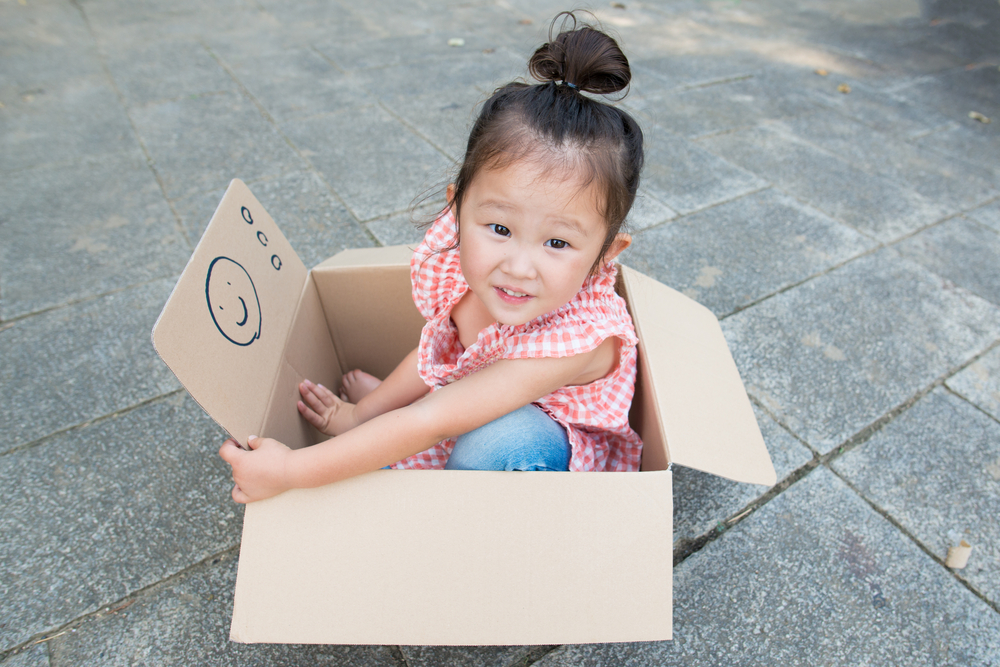
7. Take a trip. Many local councils and recycling center conduct public tours and open days throughout the year. These are a great way of finding out where all your household waste and recycling ends up. Your family will be able to learn more about the processes involved in recovery valuable resources and visualise the amount of waste the community produces.
8. Research. If you have older children ask them to research where your family can recycle household items that are not accepted through your household waste service. Items such as batteries, mobile phones, printer cartridges, electronics, light bulbs, paint, household chemicals can all have take back programs in place. A good place to start is PlanetArk's Recycling Near You website. Kids might also be keen to research how these take-back programs recycle their products and find out what new products can be created from the materials.
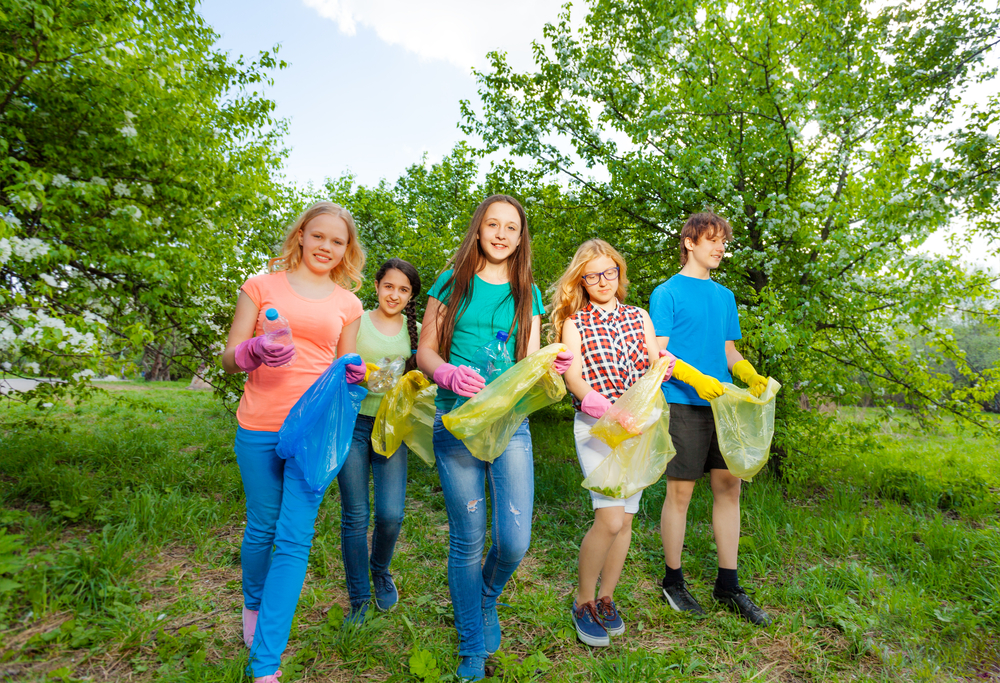
9. Read. There are some great books that introduce kids to the topic of recycling. Check out your school or local library to see what they have available. Some of my family favourites for younger children include Clancy and Millie the Very Fine House (Libby Gleeson and Freya Blackwood). Looks at how something new can be made out of old materials as the characters in the book make a house out of cardboard boxes. The Lorax (Dr Seuss) is a classic which shows us what will happen if we use all of our resources to make new things. Michael Recycle (Ellie Bethel) tells the adventures of a young superhero whose power allows him to teach people about recycling. Charlie and Lola We Are Extremely Very Good Recyclers (Lauren Child) looks at how to recycle her old toys.
10. Responsibility and rewards. Just like at schools and workplaces you can assign your kids to be the recycling monitors in the family. The can check to make sure that the waste is being correctly sorted and track down the culprits who are placing items in the incorrect bins. You can also reward your kids for completing their recycling jobs. Primary aged children can carry the compost bucket of vegetable scraps to feed worms, give to the chickens or throw onto the compost heap. Your 12-year-old is able to take the rubbish and recycling bins out to the street for collection each week.
Larissa Shashkof is passionate about educating for sustainability at home, work and in the community. The mother of three is responsible for developing recycling awareness and education programs at MobileMuster.

